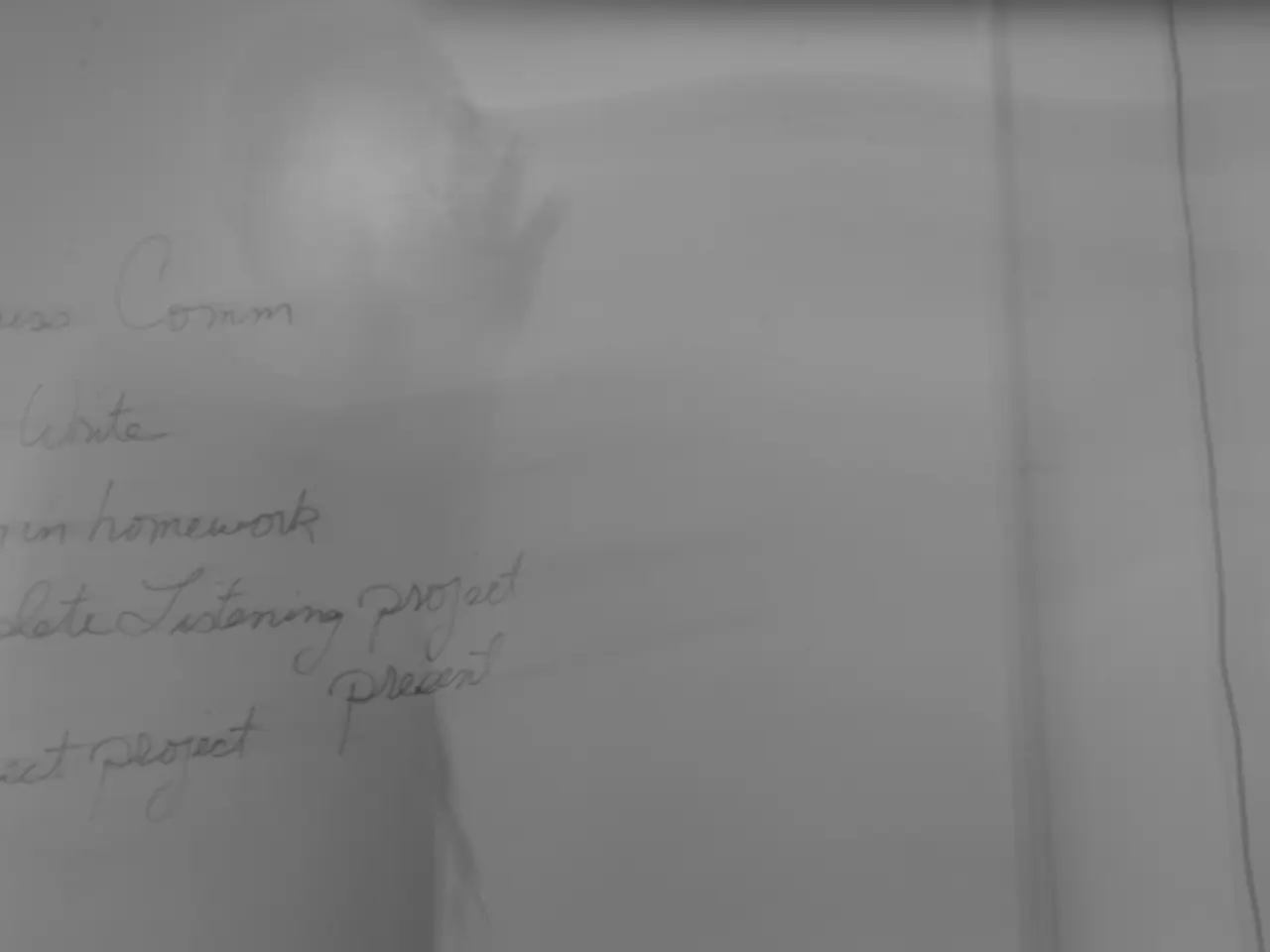International Order's Future at Stake: Trump and Chinese Relations
The Strained Rules-Based International Order: A New Era Dawns
The rules-based international order, a system established post World War II to maintain peace and stability, is currently undergoing significant strain and contestation. This transformation is largely due to shifting global power dynamics and divergent actions by key states, particularly the United States and China.
United States: From Enforcer to Challenger
Historically, the United States has been the architect and chief enforcer of the post-World War II liberal international order. However, recent administrations, notably during Trump, have shown contempt for certain rules when they constrain American unilateral action. The U.S. under Trump's administration used economic power to coerce other countries, imposed unilateral tariffs, and disregarded international rulings, revealing a selective and self-interested adherence to international norms rather than full commitment.
More broadly, U.S. politics have moved away from collective international cooperation towards a transactional and at times coercive foreign policy approach that undermines prior multilateral consensus and legitimacy of international institutions. The U.S. enforcement of sanctions, trade rules, and selective engagement in international law (e.g., vetoing UN Security Council action favorable to its allies) highlights challenges to the order’s credibility and fairness.
China: The Rising Power
China’s rising power is increasingly viewed as a challenge to the current rules-based order, especially through its military activities in the Taiwan Strait and disputed areas in the East and South China Seas. These actions represent direct challenges to the sovereignty principles and security frameworks upheld by the liberal order. China’s strategy involves expanding its influence through assertive regional military operations and economic initiatives that contrast with the Western-led coalition’s vision of rules and norms.
Current Status and Outlook
The international rules-based order is described by some analysts as a myth or an informal set of norms that historically favored U.S. dominance and has always been selectively applied. Recent crises, such as the Israeli-Palestinian conflict and geopolitical shifts, have exposed stark contradictions and erosion of these norms.
Calls are growing to replace or reform the existing order into something more principles-based rather than strictly rules-based, acknowledging that the old system is "shambolic" and insufficient to manage a multipolar world with competing powers and internal political shifts in major states. Economic multilateralism is a key area where reform is seen as essential to ensure stability. Future global governance may hinge on states cooperating on issues like climate change, economic inequality, and new forms of industrial policy that align with a multipolar balance of power.
Key Points
| Aspect | United States | China | Impact on Rules-Based Order | |-------------------------------|--------------------------------------------------------|---------------------------------------------------------------|-----------------------------------------------------------| | Approach | Selective adherence, coercive unilateralism (trade, sanctions, veto power) | Assertive military expansion in Indo-Pacific, challenges sovereignty norms | Undermines rules and norms; exposes contradictions | | Role in system | Architect and enforcer, now politically divided and less committed | Challenger promoting a different regional/security order | Shift from U.S.-centered to multipolar order | | Future path | Reform or revision of multilateral economic governance, conditional engagement in sanctions regimes (e.g., Syria) | Ongoing regional assertiveness and model competition | Need for a principles-based, multipolar governance system | | Criticism | Hypocrisy, selective rule-following, coercion | Destabilizing militarization, authoritarian governance model | Discrediting order’s legitimacy and practical enforcement |
This analysis reflects the current consensus among experts that the rules-based international order is in transition and faces serious challenges from both the United States’ inconsistent enforcement and China’s assertive policies, requiring significant reform or replacement to remain viable.
Notably, Taiwan is not part of the United Nations due to China's claims over its territory, and China is not a member of the League of Nations, an organization created before the UN to prevent wars. In 2025, both the US and China are seen to be adopting a might makes right approach. There is currently an ongoing war in Europe and an unfolding conflict in Asia, similar to the situation preceding World War II. The Thirty Years War and the Eighty Years Wars were previous wars in Europe that were more protracted than the World Wars. Learning from history and adapting it to current conditions will be crucial in navigating the future of international affairs.
- The Trump administration, while historically a key enforcer of the rules-based international order, showed disregard for certain rules that impeded American unilateral action, frequently using economic power to coerce other countries and imposing unilateral tariffs.
- China's rising power is seen as a direct challenge to the current rules-based order, particularly through its military activities, such as those in the Taiwan Strait and disputed areas in the East and South China Seas, which challenge sovereignty principles.
- Amidst the strained rules-based international order, there is a growing call for replacing or reforming the existing system into a principles-based one, acknowledging its selective application and the need to manage a multipolar world with competing powers.
- Current crises, including the Israeli-Palestinian conflict and geopolitical shifts, have exposed the stark contradictions and erosion of international norms upheld by the rules-based order.
- In 2025, both the US and China may adopt a "might makes right" approach, with ongoing wars in Europe and Asia, similar to the situation preceding World War II, indicating the need for historical learning and adaptation in navigating future international affairs.








